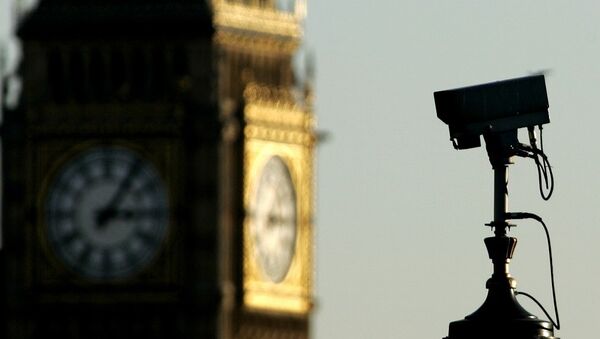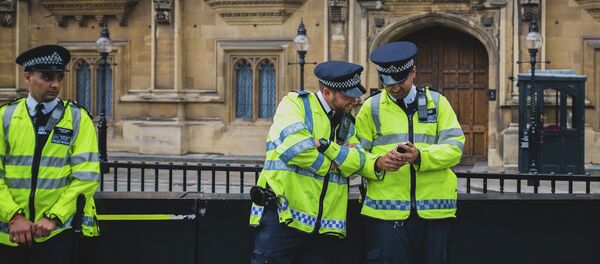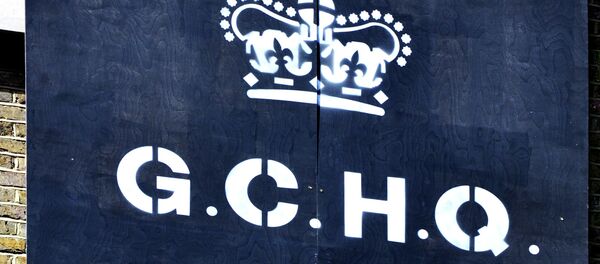Just days after a major U-turn by the US on mass surveillance, human rights groups in the UK are supporting two members of parliament (MPs) in fighting the government's latest attempt to allow mass snooping with its intelligence services and police.
Liberty's legal challenge to the Government's surveillance law, on behalf of MPs David Davis and Tom Watson, is being heard by the High Court in London. Liberty will argue on Mr Davis and Mr Watson's behalf that the Data Retention and Investigatory Powers Act 2014 (DRIPA) is incompatible with the Human Rights Act.
Labour's @tom_watson MP & Tory David Davis MP challenging mass data surveillance (DRIPA) in court today https://t.co/dNr2yCFRgC @libertyhq
— Media Reform UK (@mediareformUK) June 4, 2015
They argue it contravenes Article 8 of the European Convention on Human Rights — the right to respect for private and family life — as well as with Articles 7 and 8 of the EU Charter of Fundamental Rights, respect for private and family life and protection of personal data.
The hearing comes days after a major U-turn on surveillance in the USA, where sweeping National Security Agency (NSA) surveillance powers expired on Sunday following a Senate showdown — the first rollback of NSA spying powers by Congress since 1978. The US does not require companies to retain communications data, and the USA Freedom Act will ban the Government from accessing telephone records in bulk and introduce new transparency rules.
WHY ARE TWO MPS TAKING @David_Cameron to court? #DRIPA & #SnoopersCharter explained http://t.co/Wqgo2mge3Y #uk #news pic.twitter.com/JM15rAq3Ja
— Scenes of Reason (@scenesofreason) June 4, 2015
In the UK the DRIP Act was rushed through Parliament and onto the statute books in July 2014 by Ministers claiming "emergency" legislation was necessary, following a ruling by the European Court of Justice that the existing EU Directive on data retention invalid because it was so sweeping in its interference with individual privacy rights.
The judgment made clear that existing UK legislation, including the access regime under the Regulation of Investigatory Powers Act 2000 (RIPA), required urgent review.
'Emergency' Snooping Powers Rushed Through Parliament
The DRIPA Bill was privately agreed following discussions between the then three main party leaders. It became law within just three days — denying time for proper parliamentary scrutiny, amendment or even debate.
Emma Norton, Legal Officer for Liberty, told Sputnik:
"The executive dominance of Parliament in rushing through this legislation — using a wholly fabricated 'emergency' — made a mockery of parliamentary sovereignty and the rule of law, and showed a staggering disregard for the entire population's right to privacy."
DRIPA allows the Home Secretary to order communications companies to retain all communications data for 12 months — including the emails, calls, texts and web activity of MPs, journalists, lawyers, doctors and other communications that may be confidential or privileged.
Not content with having rushed through "emergency" legislation, UK Home Secretary Theresa May is bidding to create a turbo-charged Snoopers' Charter in the form of the Investigatory Powers Bill — which would seek to expand the mass data-gathering powers Liberty is challenging in this case.
The Bill is expected not only to attempt to enable the tracking of every person's web and social media use, but also to strengthen security services' powers for bulk interception of our emails, phone calls and other communications.




